
Civitate Dei Libri XXII
'Civitate Dei Libri XXII' Summary
Saint Augustine of Hippo, a prominent figure in early Christianity, wrote *The City of God* in response to the widespread belief that the Roman Empire's decline was a consequence of the rise of Christianity. Augustine counters this accusation by proposing the concept of two cities: the City of God, representing the heavenly kingdom guided by faith and virtue, and the City of Man, representing earthly empires driven by worldly desires and ambition. He argues that the fall of Rome was not a result of Christianity but rather a consequence of the City of Man's inherent flaws. The book explores the nature of evil, the role of free will in a world governed by divine providence, and the concept of original sin, arguing that human history is marked by a conflict between these two cities. Augustine uses biblical interpretations, historical analysis, and philosophical reasoning to defend Christianity and ultimately presents a compelling vision of salvation through faith and God's grace.Book Details
Language
LatinOriginal Language
Published In
Genre/Category
Tags/Keywords
Authors
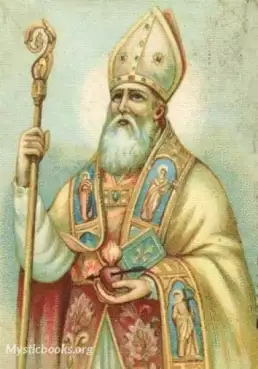
Saint Augustine of Hippo
Algeria, Rome
Augustine of Hippo also known as Saint Augustine, was a theologian, philosopher, and the bishop of Hippo Regius in Numidia, Roman North Africa. His writings influenced the development of Western philo...
Books by Saint Augustine of HippoDownload eBooks
Listen/Download Audiobook
- Select Speed
Related books
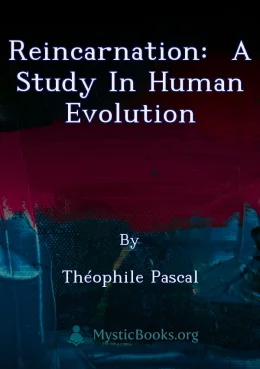
Reincarnation: A Study in Human Evolution by Théophile Pascal
This book explores the concept of reincarnation from a theosophical perspective. It discusses the nature of the soul and the bodies, the role of reinc...
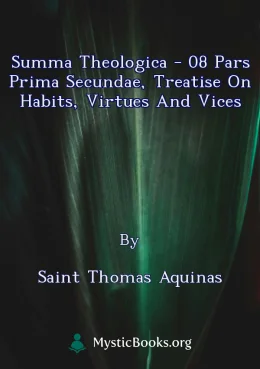
Summa Theologica - 08 Pars Prima Secundae, Treatise on Habits, Virtues and Vices by Saint Thomas Aquinas
This section of the Summa Theologica, known as 'Prima Secundae,' is a treatise on the nature of habits, virtues, and vices. It explores the developmen...
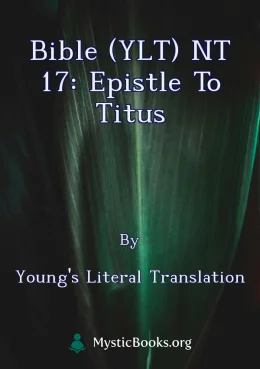
Bible (YLT) NT 17: Epistle to Titus by Young's Literal Translation
This book is a literal translation of the Epistle to Titus from the New Testament, using Young's Literal Translation. It aims to present the text as c...
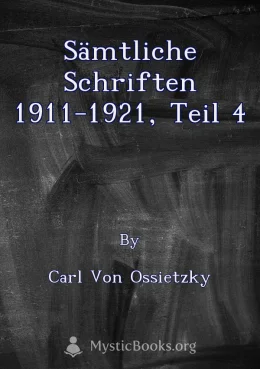
Sämtliche Schriften 1911-1921, Teil 4 by Carl von Ossietzky
Carl von Ossietzky (1889-1938), a renowned German journalist, pacifist, and Nobel Peace Prize laureate, stands as a prominent figure in the interwar p...
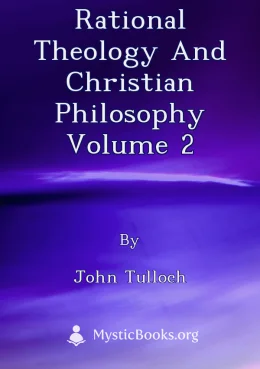
Rational Theology and Christian Philosophy volume 2 by John Tulloch
This volume delves into the intellectual landscape of 17th-century England, focusing on the Cambridge Platonists, a group of theologians known for the...

Hokitika, New Zealand: The Birth of a Borough by Various
This book presents four papers that delve into the early history and establishment of the town and borough of Hokitika on the West Coast of New Zealan...

On the Popular Judgment: That may be Right in Theory, but does not Hold Good in the Praxis by Immanuel Kant
This tripartite essay – published variously as “On the Popular Judgment” (J. Richardson trans.), “On the Old Saw” (E.B. Ashton trans.), or “On the Com...

Indian Converts of Martha's Vineyard, in New-England by Experience Mayhew
This book provides valuable insights into the religious practices and spiritual experiences of the Native American community on Martha's Vineyard. Thi...
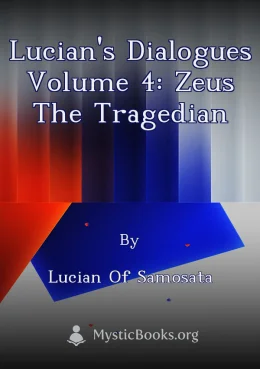
Lucian's Dialogues Volume 4: Zeus the Tragedian by Lucian of Samosata
In "Zeus the Tragedian," Lucian of Samosata presents a satirical dialogue in which Zeus, the king of the gods, laments the growing skepticism and deni...
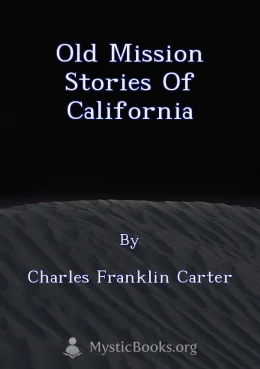
Old Mission Stories of California by Charles Franklin Carter
This book delves into the history of California's Spanish missions during the early 1800s, exploring the lives of both indigenous peoples and Spanish...
Reviews for Civitate Dei Libri XXII
No reviews posted or approved, yet...